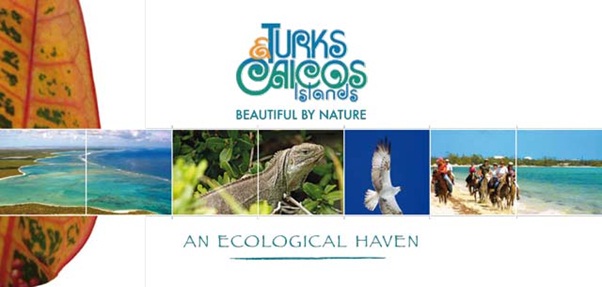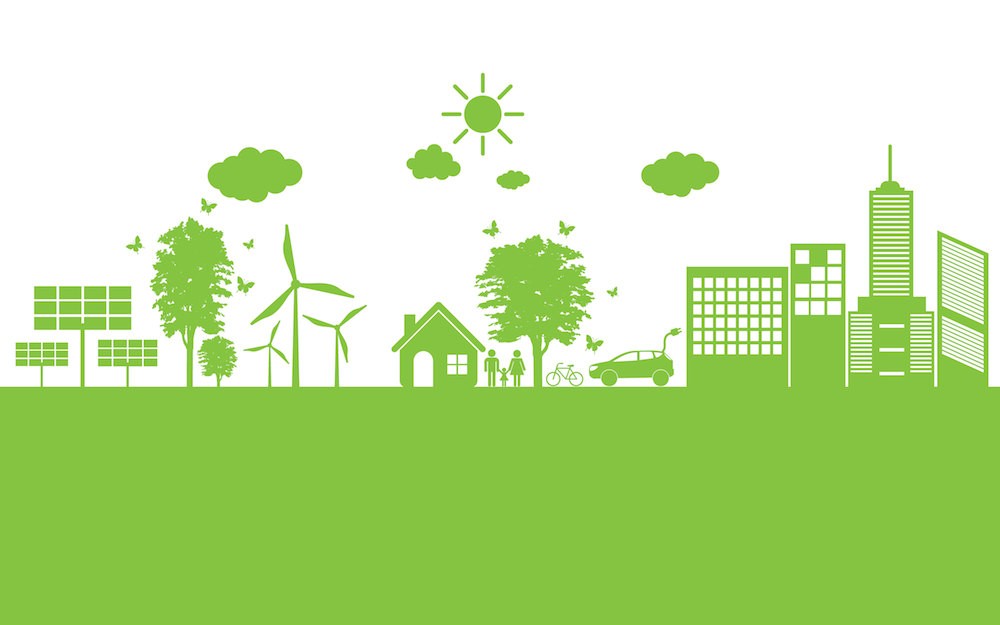Sustainable Tourism in Turks and Caicos: Few Things You Must Remember
Travelling is probably the best thing to have it as an occupation. It opens up the horizon of our mind, i.e., our thinking ability and carves a permanent mark of the whole world that comes out of the various experiences and wisdom the traveller gained while witnessing diverse culture, human and nature. In the time of rapid climate changes and pollution increase in a petrifying level, in our opinion, a traveller or a tourist should always follow some rules and regulations to keep the nature safe so that the places he visits get a touch of healing and as a whole the human being can stretch the limit of its own existence in the world a bit.
For the last few years numerous tourists, mainly from the northern hemisphere, flock to the tropical bliss Turks and Caicos in between December to April. Because of its tropical sun, many tourists find their winter vacation homes in Turks and Caicos these days.
This small island country consists of two groups of islands lying on the south-eastern periphery of The Bahamas, of which they form a physical part, and north of the island of Hispaniola.For most of the year, Turks and Caicos experiences Atlantic trade winds moderated by the warm Antilles Current. Yet the climate is remarkably dry with a mean rainfall and evaporation and unfavourable to farming and the recharge of groundwater.The islands include eight large cays (keys) and numerous smaller cays, islets, reefs, banks, and rocks. This makes this land home for various underwater species. Beaches like Smith’s Reef is famous for its diverse and very rich coral. Salt Cay is the place where the traveller witnesses the whales. Being an island country surrounded by the Atlantic, the country’s import is covered majorly with the fish, lobsters and conchs.
All these things point to a single statement that the ecology of this place should be maintained with high precaution as this little country is totally dependent upon the natural resources which are none but various species themselves. With the increase of temperature, certain climate changes will occur. Among them are the most dangerous things like extremity in temperature, frequent floods, droughts, tropical storms etc.
Turks and Caicos is a part of the Small Islands Developing States (SIDS). In the case of Global Green House Gas Emissions, SIDS contributes a meagre amount, i.e., less than 1% but bears formidable amount of impacts created by the global climate changes. For an example, let us cite the case of Hurricane Ivan in 2004 which caused a direct loss of 900 million US$ in Grenada and that is more than twice the country’s GDP. It resulted in damaging of 90% of the hotel stock in that place.
To deal with all these, along with the growing tourism industry, the Department of Environment and Maritime Affairs (DEMA) of Turks and Caicos decreed to ensure certain things that the country’s natural resources are being used sustainably, to protect and promote biodiversity and economic prosperity through a sustainable fisheries industry, environmentally sustainable development, a Protected Areas system and improved Maritime Affairs.
They set some humble regulations, naming it etiquette, for the tourists to follow while visiting the country’s luring spots.
We are mentioning all of the points made by DEMA in the hope that all of the tourists will follow these in order to protect the nature.
Environmental Rulesand Etiquettes to Consider during Your Stay
Guided Tours:
·Tourists must report to the DEMA if they notice any of the captain's anchors on the coral reefs or seagrass beds.
·Make it confirmed that the conch you are devouring has not come from the national park.
Coastal Regulations:
·If you want to have a bonfire or any other kind of party on the beach, it is mandatory to take permission from DEMA.
·Never remove any kind of corals, sand, shells and wildlife, whether dead or alive, from the Protected Areas. This thing is entirely illegal.
· If an individual wants to export more than three queen conch shells, he must apply for a CITES (Convention on International Trade in Endangered Species) export permit through DEMA. The process will take at least 4-5 business days to be accomplished.
·The ‘swim zone’ is the 300 feet of the shore. Please swim within this range.
·Fishing in the National Parks on in Natural Reserves is totally prohibited.
·Do not forget to remove all kind of trash you are carrying. Remember of the wind that might help your removed trash to get into the water. So be cautious about it.
· Please keep yourself comfortable on the walkways. Try to avoid being on the sand dunes to watch out for iguana burrows on the uninhabited cays.
·Never even try to feed the fish, birds or reptiles.
· Always use the biodegradable lotion and take the time for all lotions to soak into your skin before you get into the ocean because suntan lotions are toxic for the reefs.
·Never even think of standing or hitting or kicking the coral. Probably you have already known that coral is a living animal so never hurt them.
·Please try to avoid kicking sand with your fins when snorkelling so that fine particles do not smother and choke living coral.
·If you want to do some fishing, do not worry. Apply through DEMA.
· Skiing is encouraged only in the ski zones. So apparatus involved in this sports like jet skis or hovercrafts are permitted only in demarcated ski zones.
·Want to visit the sanctuary? Again, you need a written permission from DEMA.




0 Comments
Recommended Comments
There are no comments to display.